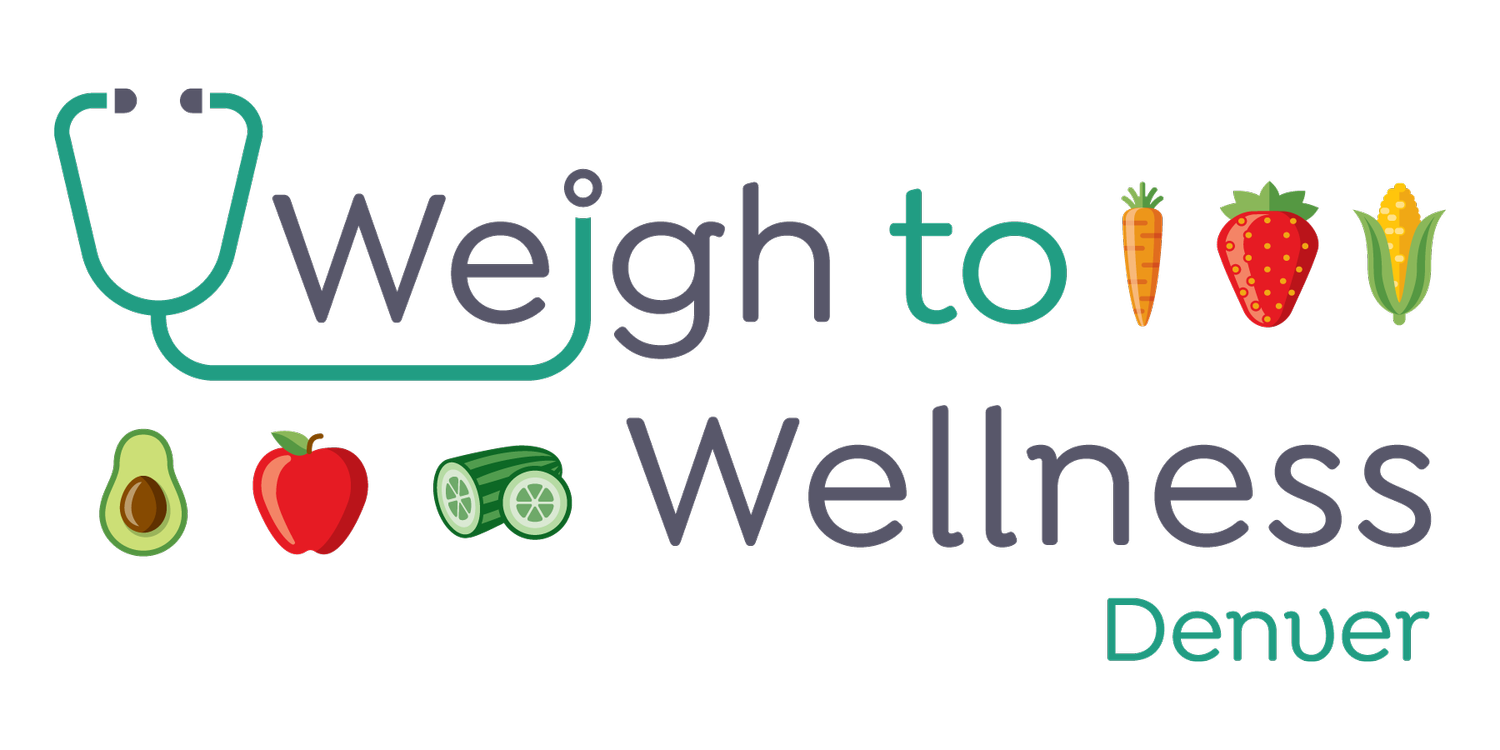Fasting
Fasting has become a buzzword in the health and wellness community recently, though it is a practice that has always been around. In hunter/gatherer days, it was done out of necessity. It is a practice which has been done in certain religions for centuries. Fasting has been studied as a method to improve longevity. More recently it has been promoted as a weight loss tool and is being used to help with insulin resistance.
There are several different ways to fast. Intermittent fasting is a blanket term referring to any period of time where eating is restricted. Time-restricted feeding refers to a method where you consume food only during set hours of the day. Most frequently, people eat from 12pm-8pm, and restrict food from 8pm-12pm. This is termed a 16-8 fast (restricting for 16 hours, eating for 8). Certain individuals fast for 24 hour periods. Occasionally, people will fast for days. These types of fasts should be medically monitored. There is also a form of fasting where you consume a very low-calorie diet, say 500 calories, for one or multiple days of the week. You eat as you typically would the other days.
No matter what method of fasting you choose it is still vital to have a well-balanced diet.
All methods of fasting encourage water consumption. During longer fasts especially, broths can be used. Some people choose to consume black coffee and tea. Others follow a “fat fast” where they may have a coffee with fat in it during their fasting period, as fat does not cause a spike in insulin.
There are several proposed mechanisms for why fasting can lead to weight loss and help with insulin resistance. Here are a couple of the main reasons:
Limiting Late Night Eating: In particular, with 16-8 fasts, individuals are more likely to cut off late night eating when they give themselves this restriction. It doesn’t allow for “I’ll just have one”…which we all know can lead to more. Late night is when we are tired and are more prone to overeating, comfort eating, and eating out of boredom or routine.
Start and Stop Mentality: This goes hand in hand with how it helps to limit late night eating. This can help your brain set boundaries around eating. If you are able to have a mental “stop eating” time and a “start eating” time it can be easier to limit snacking and mindless eating throughout the day.
Lowers levels of insulin. Insulin is a fat storage hormone. When we consume a meal, typically our blood sugar rises, and in response, insulin increases as well. When we give our bodies a break from digesting and processing food, our blood sugar and insulin levels are lower. This makes our cells more insulin sensitive. It also causes our body to burn stored energy versus the food we are ingesting. Even when individuals consume a similar amount of calories in a day with time-restricted eating, they may still lose weight.
Increased Sensitivity to Hunger Cues: If you are used to constantly eating throughout the day or having large portion sizes at meals then your ability to listen to your body’s hunger and satiety cues are going to be off. There is also a difference between physical hunger and emotional hunger.
So is fasting right for you? Well, it depends. Individuals with any metabolic issues, such as diabetes, should be medically monitored. Individuals who are pregnant or breastfeeding should avoid fasting. Also consider where your current diet is at. Do you consume a standard American diet which is high in carbohydrates and processed foods? Maybe we can work on dietary improvements first and then consider fasting. This will make it easier to fast and allow you to see more beneficial results.
If you are considering fasting as a tool, please contact us so we can further discuss the risks and benefits, as well as which method may be most appropriate for you.
